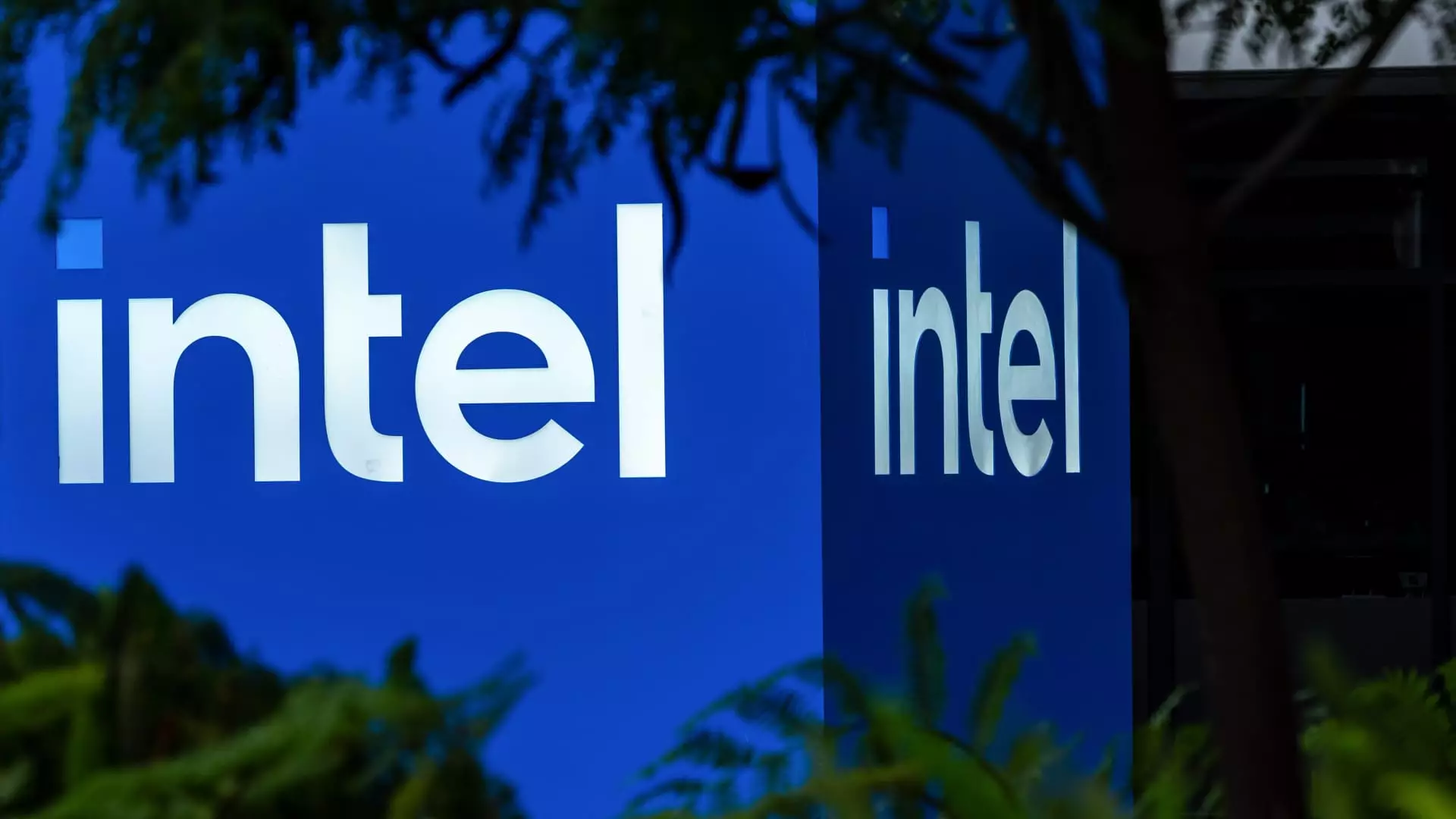This week’s stock market rally, fueled by the Federal Reserve’s decision to cut interest rates, has created a buzz of optimism. The S&P 500 reaching new heights appears to signal investor confidence, yet beneath this veneer of growth lies a perilous overextension. While central bank easing policies often ignite bullish enthusiasm, such exuberance can obscure underlying vulnerabilities. Over time, relentless upward pressure on stock prices—especially when driven by rate cuts—may risk overheating issues that could turn the tide against investors. The consensus seems to accept that more rate cuts are on the horizon, fostering a climate where investors might ignore signs of excessive optimism. But history teaches us that peaks driven by sentiment rather than fundamentals are often followed by sharp corrections, and the latest surge appears to be no different.
Deciphering Overbought Stocks and Reality Checks
Using technical analysis, particularly the Relative Strength Index (RSI), offers insight into the potential overheating of certain stocks. When an RSI surpasses 70, it generally indicates an asset is overbought, hinting that its recent gains may be unsustainable. This week’s analysis spotlights stocks like Intel, Lam Research, Palo Alto Networks, Seagate Technologies, and KLA, which have shown remarkable gains and high RSI levels. For example, Intel’s 23% week-on-week rise, triggered by a landmark partnership with Nvidia, signals both excitement and risk. Although the partnership signifies strategic growth, the fact that Citi has downgraded Intel’s rating to “sell” and set a conservative target implies skepticism gripping analysts. It suggests that the stock’s rapid ascent might be driven more by hype than fundamentals, and caution is warranted. The same is true for other tech giants exhibiting RSI levels that suggest overbought conditions, hinting these stocks might soon face sharp corrections—or at least a period of sideways consolidation.
Whistleblowing on the Overheated Market Temperament
From a pragmatic, center-right liberal perspective, the recent market exuberance should prompt a sober reassessment. Record-high prices often mask underlying risks—overleveraged positions, lofty valuations, and disconnects from earnings realities. While technological innovation and corporate earnings growth provide legitimate optimism, the current rapid ascent feels unsustainable in the long term. A disciplined investor recognizes that blindly riding the wave of overbought stocks can be perilous. It’s crucial to differentiate between genuine growth and speculative bubbles, especially when central bank policies encourage easy money. Moreover, overbought conditions don’t necessarily mean an immediate crash, but they signal the necessity for caution. A resilient investor would welcome the correction as an opportunity to pick strong, fundamentally sound stocks rather than chase fleeting gains spawned by short-term momentum.
Resisting the Hype, Embracing Rationality
In my view, the recent market surge exemplifies the pitfalls of complacency in a low-interest-rate environment. A true investor maintains a balanced perspective—acknowledging the potential for further gains but remaining vigilant of overvalued stocks vulnerable to downturns. While the allure of making substantial short-term profits is tempting, succumbing to greed during overbought conditions disregards prudent risk management. The key is recognizing when the market has run too far, too fast, and resisting the temptation to feed a bubble that could burst. Leadership in investing involves not just catching the wave but also knowing when to step back and preserve capital. Challenging the hype and embracing a sober assessment of valuations can serve as a safeguard against the inevitable pullbacks that follow unsustainable rallies. It is better to be a patient, disciplined investor than to chase overextended stocks and hope for the best—history shows that the markets favor the cautious over the overhyped.

